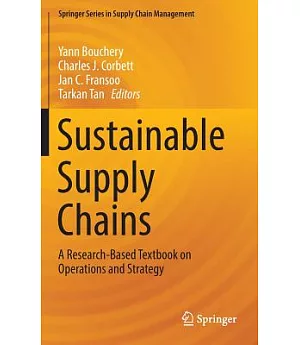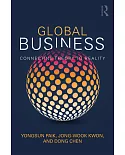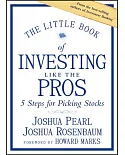This book is primarily intended to serve as a research-based textbook on sustainable supply chains for graduate programs in Business, Management, Industrial Engineering, and Industrial
Ecology, but it should also be of interest for researchers in the broader sustainable supply chain space, whether from the operations management and industrial engineering side or more from
the industrial ecology and life-cycle assessment side.
As firms become progressively more tightly coupled in global supply chains, rather than being large vertically integrated monoliths, risks and opportunities associated with activities
upstream or downstream will increasingly impinge upon their own wellbeing. For a firm to thrive, it is increasingly imperative that it be aware of economic, environmental and social
dimensions of the entire supply chain it belongs to, and that it proactively monitor and manage those. Finding efficient solutions towards a more sustainable supply chain is increasingly
important for managers, but clearly this raise difficult questions, often without clear answers. This book aims to provide insights into these kinds of questions for students and
practitioners, based on the latest academic research.
We have noticed a recent surge in the number of courses on “sustainable supply chain management” or related topics, but a relative lack of corresponding teaching materials. While
sustainability has been widely studied at the level of company strategy and extensive related pedagogical materials exist, there is still a relative lack of materials on sustainability with
a supply chain management perspective.





















